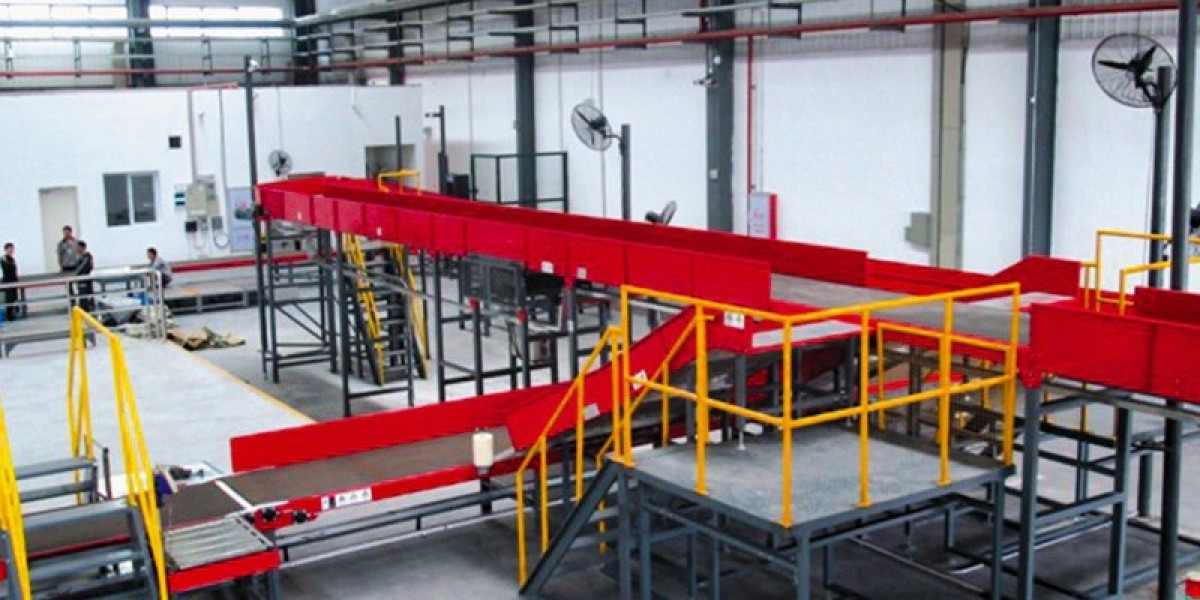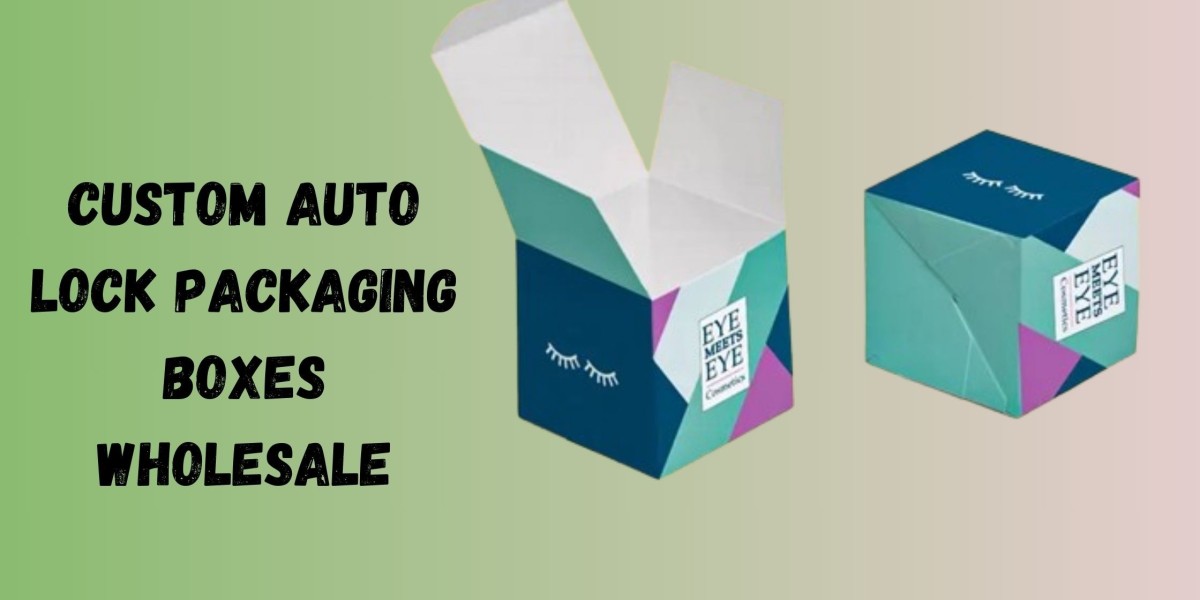Conveyors are an essential component of many industries, including logistics, manufacturing, and warehousing. With so many different types of conveyors available, selecting the right one for your specific needs can be a daunting task. YiFan Conveyor, a leading manufacturer of conveyor systems, offers a range of conveyor types to suit various applications. In this article, we will explore the different types of conveyors, their characteristics, and the insights from YiFan Conveyor to help you make an informed decision.
Gravity Conveyors
Gravity yf conveyor are the most basic type of conveyor and rely on gravity to move materials from one point to another. They are typically used for short distances and are ideal for lightweight materials. Gravity conveyors are cost-effective, easy to install, and require minimal maintenance. However, they have limitations in terms of speed and capacity. YiFan Conveyor's gravity conveyors are designed with adjustable height and angle settings, making them versatile and adaptable to different applications.
Powered Conveyors
Powered conveyors, also known as motorized conveyors, use electric motors to move materials. They are more efficient and faster than gravity conveyors, making them suitable for longer distances and heavier loads. Powered conveyors are commonly used in manufacturing, logistics, and warehousing applications. YiFan Conveyor's powered conveyors are designed with advanced safety features, such as emergency stops and guardrails, to ensure worker safety.
Belt Conveyors
Belt conveyors are a type of powered conveyor that uses a continuous loop of material, typically rubber or PVC, to move materials. They are commonly used in heavy-duty applications, such as mining, construction, and manufacturing. Belt conveyors are durable, reliable, and can handle high capacities. YiFan Conveyor's belt conveyors are designed with adjustable speed and tension settings, making them adaptable to different applications.
Chain Conveyors
Chain conveyors use a chain and sprocket system to move materials. They are commonly used in heavy-duty applications, such as manufacturing and logistics. Chain conveyors are durable, reliable, and can handle high capacities. YiFan Conveyor's chain conveyors are designed with adjustable speed and tension settings, making them adaptable to different applications.
Roller Conveyors
Roller conveyors use a series of rollers to move materials. They are commonly used in logistics, manufacturing, and warehousing applications. Roller conveyors are durable, reliable, and can handle high capacities. YiFan Conveyor's roller conveyors are designed with adjustable speed and spacing settings, making them adaptable to different applications.
Insights from YiFan Conveyor
When selecting a conveyor type, there are several factors to consider, including the type of material being conveyed, the distance and speed required, and the level of automation needed. YiFan Conveyor's experienced engineers and technicians can help you determine the best conveyor type for your specific needs. Additionally, YiFan Conveyor's modular design allows for easy customization and integration with existing systems.

Customization and Integration
YiFan Conveyor's conveyors are designed to be modular and adaptable to different applications. The company's experienced engineers and technicians can work with you to design and build a customized conveyor system that meets your specific needs. Whether it's integrating with existing systems or designing a new system from scratch, YiFan Conveyor's flexibility and expertise make it an ideal partner for businesses seeking tailored solutions.
Conclusion
In conclusion, selecting the right conveyor type for your specific needs can be a daunting task. By understanding the characteristics of different conveyor types, you can make an informed decision. YiFan Conveyor's range of conveyor types, including gravity, powered, belt, chain, and roller conveyors, offers a solution for various applications. With insights from YiFan Conveyor, you can determine the best conveyor type for your business and improve efficiency, productivity, and worker safety.








